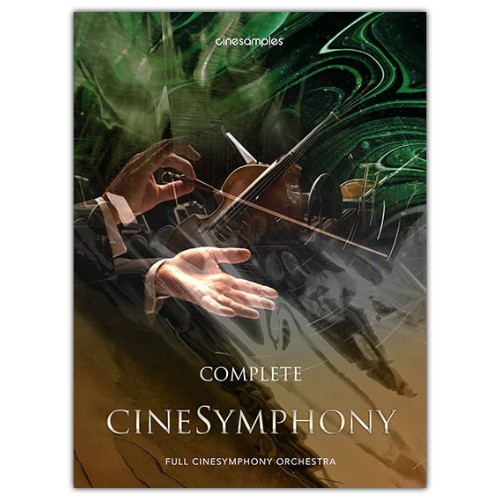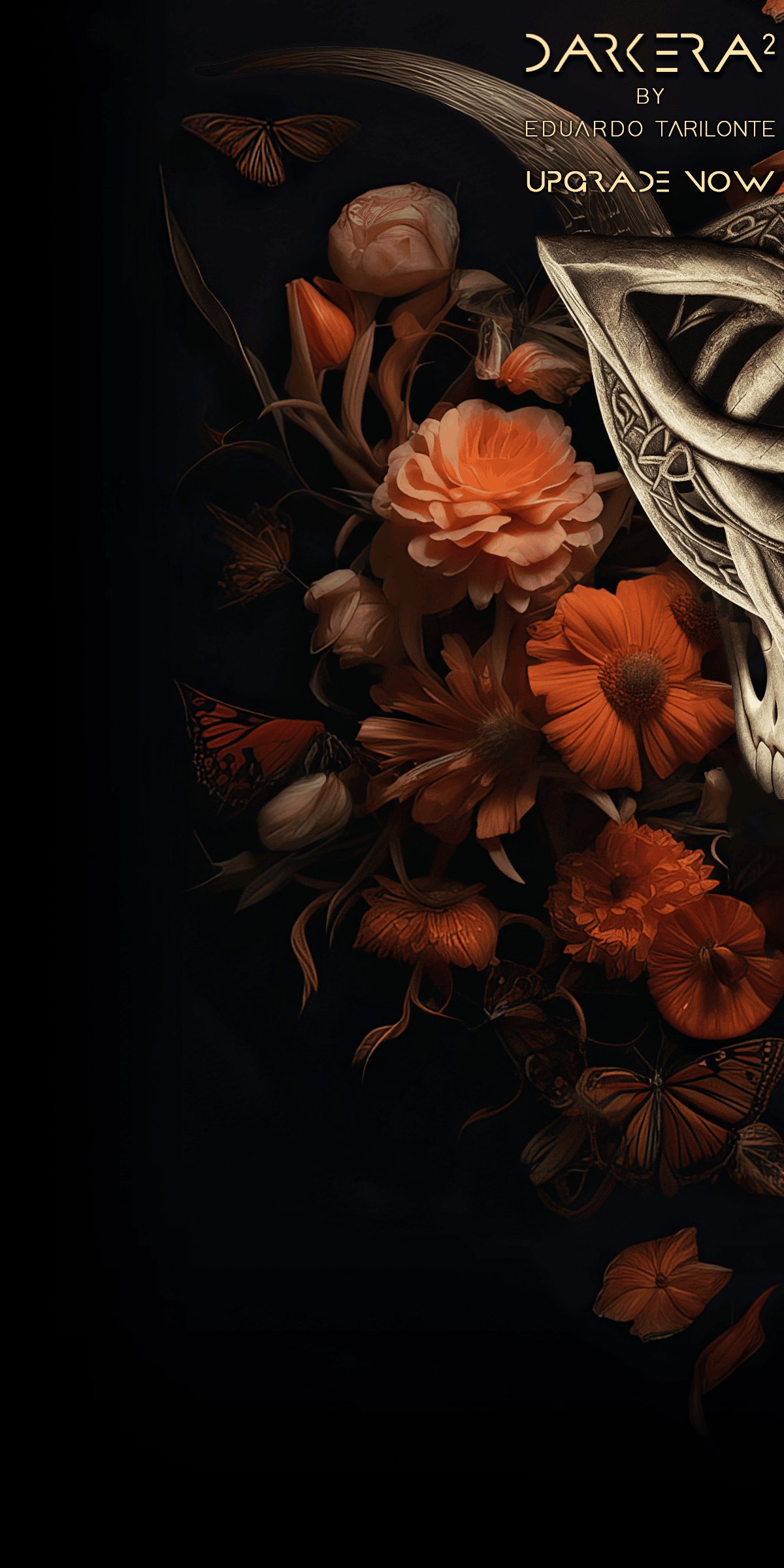Recensione *** BundleI bought the *** Bundle because I figured it was a better deal than buying *** separately and then shopping for the remaining products as I needed them.The more I dipped my toes into the *** ecosystem, the more I was disappointed.Let's start with some unfortunate timing for my purchase: I bought the *** Bundle as *** was launching *** and, at the time, it was advertised they would continue to offer free updates for *** Customers in parallel to the *** Library. A few months went by, and after *** delivered the updated CineStrings CORE 2.0 (which had some issues I promptly pointed out to customer support), they announced on VI-Control that development and updates for *** will proceed only for the *** platform.Just for the sake of it, in March ** I could've purchased ***'s "Permanent" license for 200€. Instead, I dropped ** on the *** Bundle to later learn that the Kontakt version was kinda going into abandonware, but *** keeps selling them.With that out of the way, let's move on to the bundle's performance: I was drawn to *** (like, I suppose, many of you) because I've seen them used by many other media composers who swear by its sound. And on that matter, I have no critiques for moving towards ***.The scripting, however, is very hit-and-miss on some instruments. Judging by my conversation with the *** support, they are aware of these issues but have never managed to fix them (and given the current development status, they probably never will be on Kontakt).I'm referring specifically to how messy the polyphonic legato works on some brass patches. It often leaves previously played notes hanging in the background, making the polyphonic legato feature completely useless.CineStrings Solo is a bit lacklustre: while it offers the whole quintet (compared to other libraries that provide just the quartet), it has a super-narrow offering in terms of articulations, and you need to exaggerate the dynamic curves on CC01 and 11 to get a convincing crescendo out of it. CineStrings Core 1.4 is kinda ok (I'm glad *** offered the possibility to download that separately). Still, my computer takes a generous hit in performance when I launch this library in my template. I love its sound, but the scripting of some articulations could be better. CineStrings Core 2.0 is a hot mess: they revamped the GUI and rerecorded some of the samples, but the scripting issues on some articulations I've mentioned earlier are still present and, on top of that, they have significantly reduced the range of some of the instruments, which felt a downgrade considering the ranges we had on version 1.4.I've never used CineStrings Runs.*** is probably my favourite library of the bunch. I like how it's scripted, having rolls/tremolos and single hits available at the same time while the key switches change the mallets. However, there is a bit of a steep learning curve on how the library handles dynamics.The CineBrass Bundle, as a whole, has a commendable sound. Still, it has that scripting issue with polyphonic legato I mentioned earlier, and I don't like ***' approach of offering shorts in 1/2, 1/4, and 1/8 measurements; it takes control away from me and does not make my job easier when composing or creating a mockup.CineWinds is disappointing. You have only one instrument for most of the woodwinds family (except the oboes, which come in a pair) and no ensemble patches. That means you'll have phasing issues if, like me, you write woodwind parts in a contrapuntal style and have the two melodies cross or go in unison at specific points. If *** could offer an ensemble patch for these scenarios, I wouldn't have to complain about having one flute, clarinet, and bassoon. While PRO offer other instruments that could provide you with a workaround to such issues, such as an alto flute or an Eb clarinet, I've read on the VI-Control Forum that these things were asked years ago. *** promised to make them available but never maintained its promise. PRO also offers a lot of ** instruments, but I've found them to be more of an afterthought than an actual feature.CineHarps is also a bit of a hit-and-miss: it offers three different Harps (Concert, Harp 2 and Harp 3), but then some practical articulations like harmonics and xylophonics are available on a separate patch. While I doubt you'll be using three harps to play the exact same line with harmonics or xylophonics, I would've preferred to have those as separate articulations for each Harp.*** and CineHarpsichord are both serviceable





